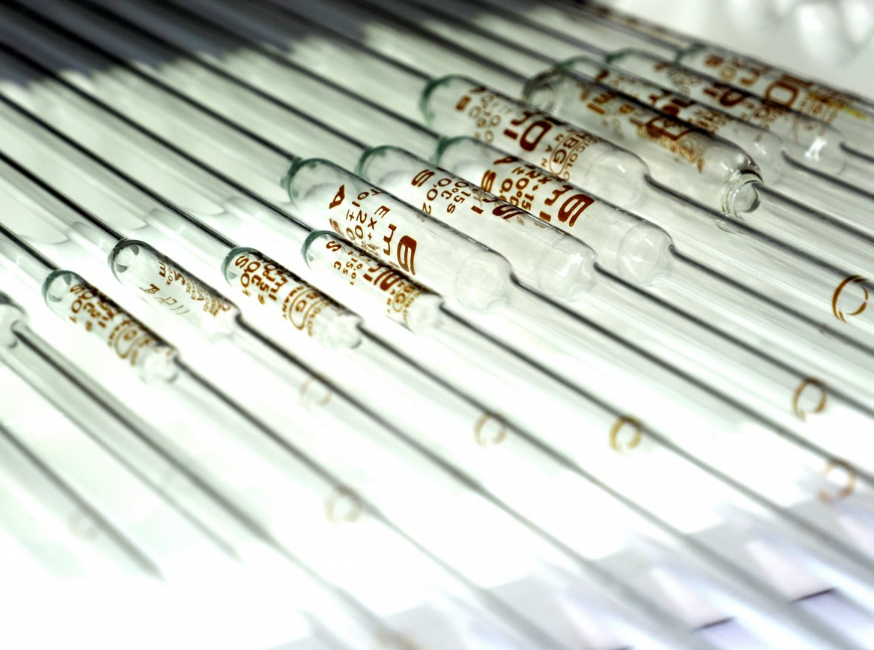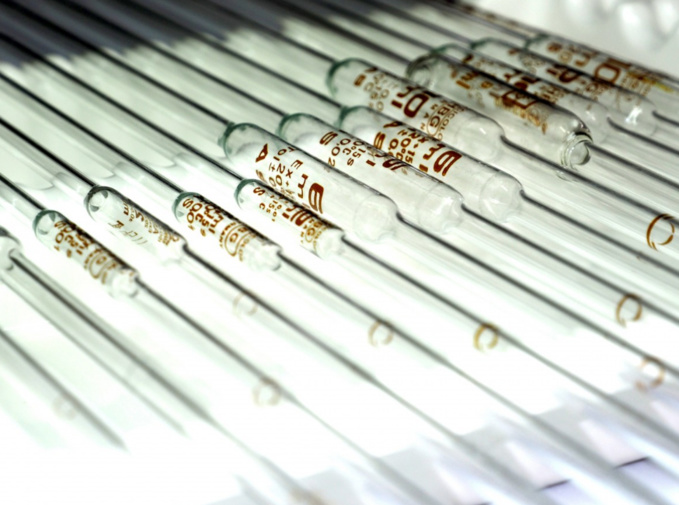MIT scientists were the first in the world to discover antibiotics using artificial intelligence. As stated in an article published February 20 in the scientific journal Cell, the neural network managed to detect nine new antibiotics by analyzing a database of chemical compounds.
Among the finds of scientists from MIT, there is a separate molecule called halicin - in honor of the HAL artificial intelligence system from the film "2001: Space Odyssey." Halicin was able to destroy the bacteria that cause tuberculosis, pseudomembranous colitis (a serious infectious disease of the rectum), and in addition, enterobacteria and acinetobacter baumannii, which affect the body with a low immunity, lead to infectious diseases and often death of the patient. The World Health Organization considers them to be especially dangerous - they are difficult to treat and resistant to all types of antibiotics currently used in medicine.
What the MIT scientists managed to do is a real breakthrough. Not only because artificial intelligence was successfully used for the first time to search for an antibiotic. Scientists have not been able to find new classes of antibiotics for more than 30 years. According to the authors of the study itself, the dangerous bacteria put humanity on the brink of a global catastrophe. 10 million people will die by 2050 from infectious diseases without the discovery of new antibiotics, according to a study by British economist Jim O’Neill.
source: cell.com
Among the finds of scientists from MIT, there is a separate molecule called halicin - in honor of the HAL artificial intelligence system from the film "2001: Space Odyssey." Halicin was able to destroy the bacteria that cause tuberculosis, pseudomembranous colitis (a serious infectious disease of the rectum), and in addition, enterobacteria and acinetobacter baumannii, which affect the body with a low immunity, lead to infectious diseases and often death of the patient. The World Health Organization considers them to be especially dangerous - they are difficult to treat and resistant to all types of antibiotics currently used in medicine.
What the MIT scientists managed to do is a real breakthrough. Not only because artificial intelligence was successfully used for the first time to search for an antibiotic. Scientists have not been able to find new classes of antibiotics for more than 30 years. According to the authors of the study itself, the dangerous bacteria put humanity on the brink of a global catastrophe. 10 million people will die by 2050 from infectious diseases without the discovery of new antibiotics, according to a study by British economist Jim O’Neill.
source: cell.com



















